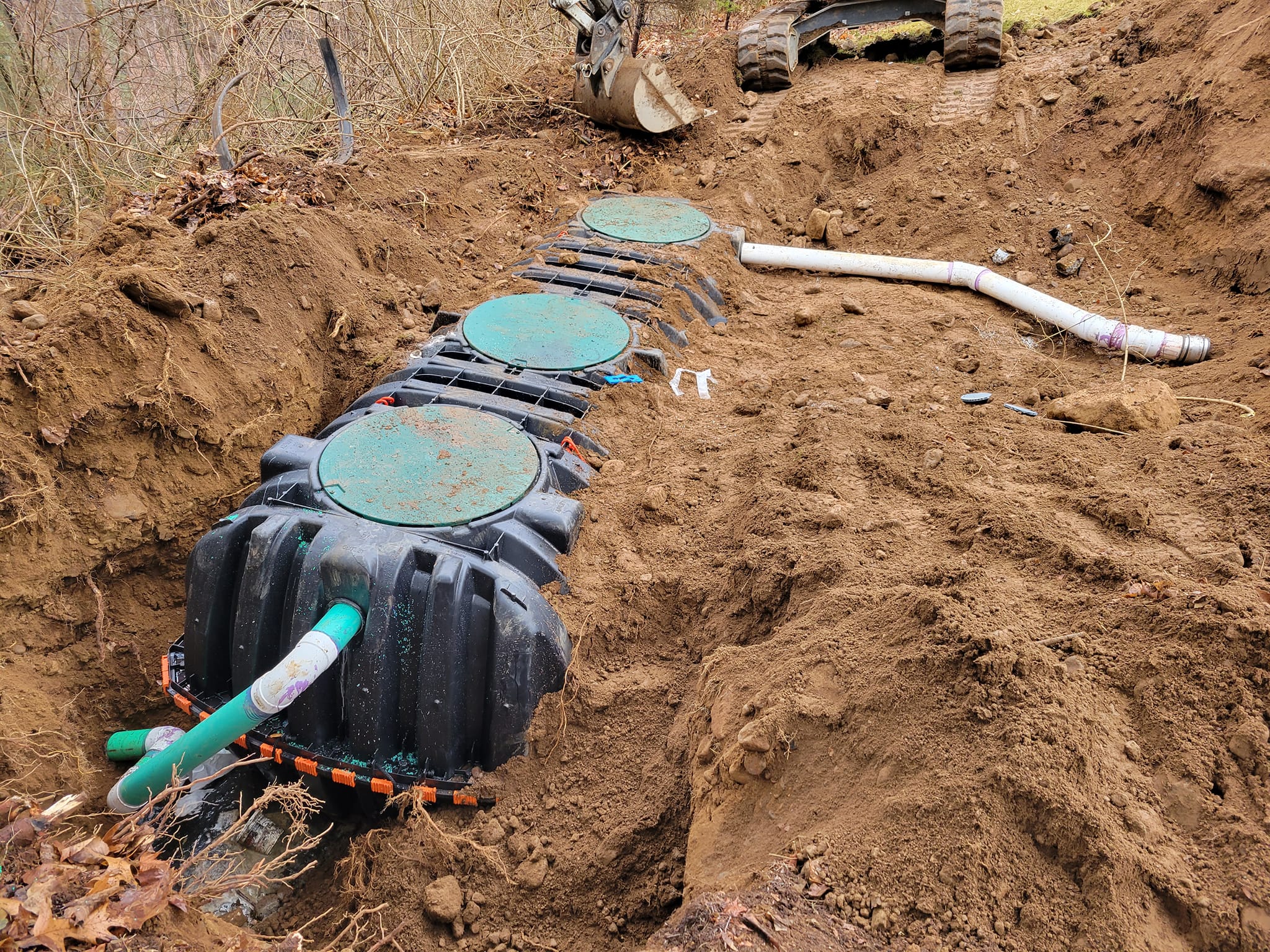
Maximizing Longevity: Proactive Septic Care Techniques Jul 01, 2025
Understanding the Mechanics of Your Septic System
Before diving into maintenance tips, it's crucial to understand the basics of how your septic system operates. A conventional septic tank separates solids from liquids before channeling the latter through a drain field where natural filtration occurs. Knowing how these components work allows you to implement effective care practices.
Routine Pumping and Inspections
Regular pumping is essential for keeping your septic system in good health. Over time, solid waste accumulates in the tank, risking overflow and potential system failure. Nick's Septic And Excavation recommends scheduling pumping every three to five years, depending on household size and usage. This prevents buildup, ensuring that your system efficiently processes waste.
Moreover, regular inspections by professionals can spot early warning signs of septic issues. Inspections involve checking the integrity of system components and ensuring that everything functions correctly. Preventative maintenance reduces the likelihood of unexpected, costly repairs.
Mindful Water Usage
Water conservation is a powerful tool in maintaining a healthy septic system. Excessive water can overwhelm the system, hindering the natural digestion of waste. Implementing water-saving devices, such as low-flow toilets and showerheads, can significantly reduce water input. Additionally, spreading out laundry and dishwashing activities over several days can help prevent sudden water surges.
Careful Disposal Habits
What goes into your septic system can significantly impact its longevity. Non-biodegradable items like diapers, wipes, and feminine hygiene products should never be flushed, as they can clog pipes and tanks. Similarly, avoid using a garbage disposal excessively. Ground food particles add unnecessary solid waste, which might increase the need for more frequent pumping.
Environmentally-friendly cleaning products should also be a go-to for homeowners. Harsh chemical cleaners can disrupt the delicate bacterial balance within your septic tank, which is essential for breaking down waste. Opting for biodegradable, septic-safe products helps maintain this balance, contributing to a healthier system overall.
Proper Landscaping Practices
The area around your septic system plays a critical role in its well-being. Tree roots are notorious for invading and damaging septic components. Plant trees and shrubs away from the septic tank and drain field to prevent root infiltration. Grass, on the other hand, provides excellent ground cover, supporting adequate drainage and preventing erosion.
Final Thoughts
Taking a proactive approach to septic care reaps long-term benefits, including cost savings and system reliability. Implementing these techniques will not only extend the life of your septic system but also protect the surrounding environment. At Nick's Septic And Excavation, our team is dedicated to assisting you with professional advice and services tailored to your system’s needs.
Remember, a well-maintained septic system is an investment in your home's longevity and the surrounding ecosystem's health. By understanding and actively participating in the care of your septic system, you can enjoy peace of mind knowing you are contributing to a sustainable future.
/filters:no_upscale()/media/e491f599-15bf-420d-820c-7c0945153d7c.jpeg)
/filters:no_upscale()/filters:format(webp)/media/a4d2e976-c622-4855-a451-35191e78c30d.jpeg)